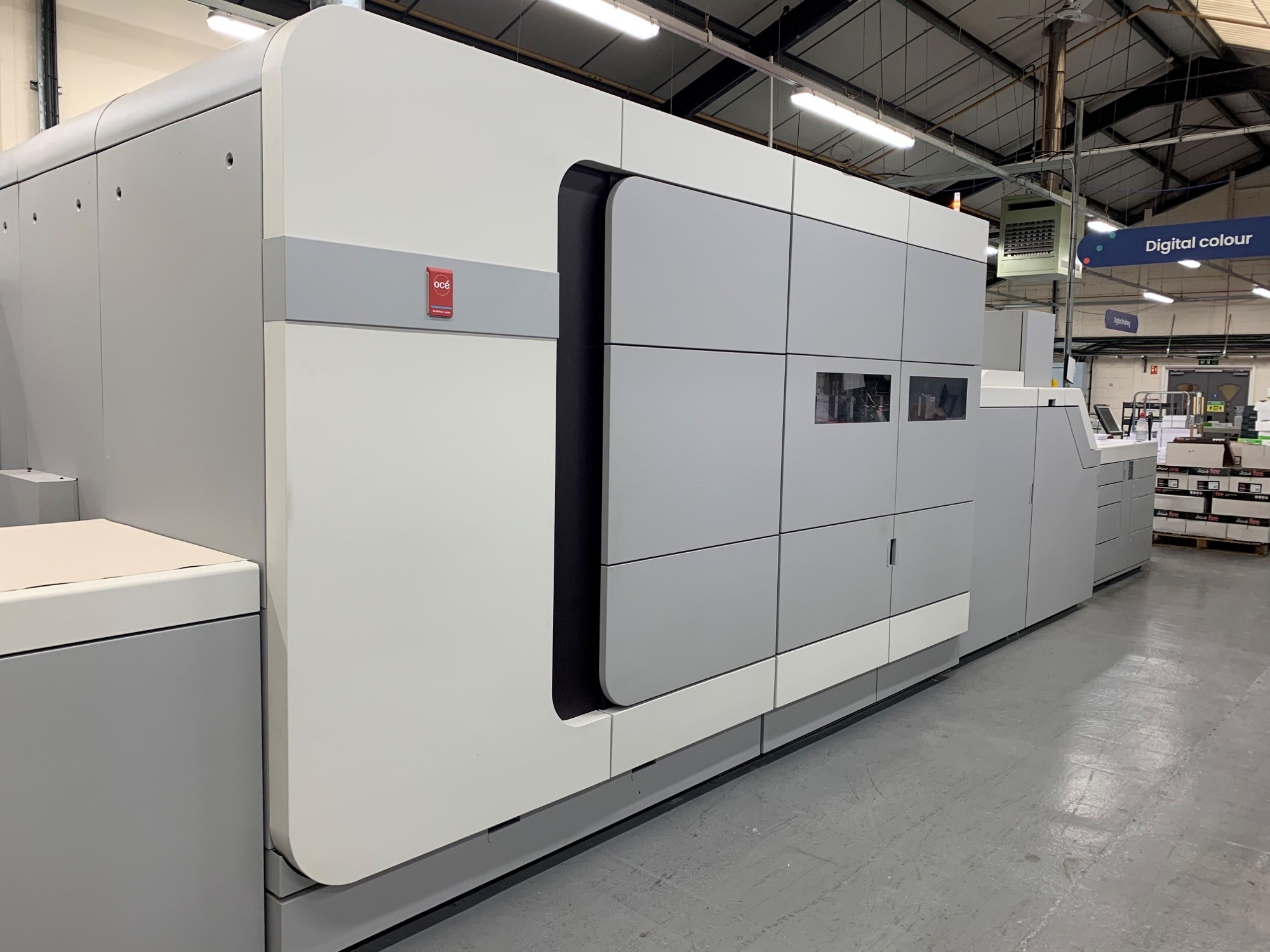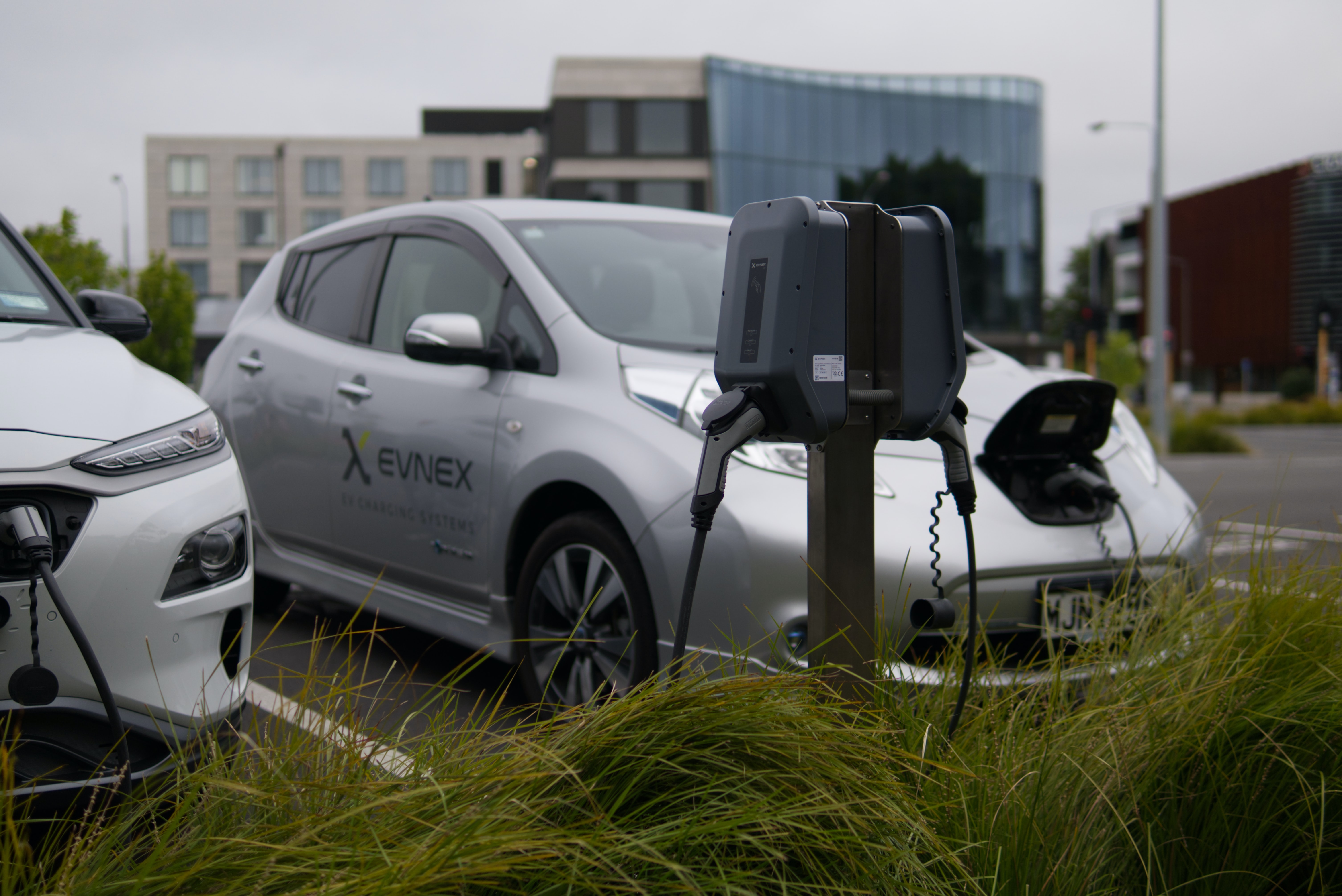Below are some points that you can discuss with prospective tenants, at Heads of Terms stage, when negotiating a new lease.
Drafting for net zero is now freely available from The Chancery Lane Project (TCLP) and other sources, such as the Better Buildings Partnership’s Green Lease Toolkit. TLT is heavily involved in TCLP, which is a collaborative effort of lawyers from across the world to create net zero drafting for businesses to incorporate in their contracts.
1) Would it be useful to collect data on matters such as utilities consumption?
If so, do you have the technology available to do this? If you don’t have it now, could you future-proof the lease to give you the right to install it in the future? Who would pay for the cost of installing this monitoring equipment? Will the tenant agree to sharing environmental performance data?
2) Could electricity be obtained from a renewable source?
This will be attractive to many tenants, and will also reduce your scope 3 emissions. See TCLP’s Lotta’s clause for suggested drafting.
3) When carrying out alterations, repairs or decoration, think about what kind of materials could be used.
Is there actually a need to use new materials, or could the parties re-use materials, or use reclaimed or recycled materials? Circular economy principles enable the parties to reduce unnecessary waste, thus reducing the amount of embedded carbon in the property.
You could require the tenant to follow circular economy principles when it carries out alterations or decorates the premises, or you could do this if you’re providing services (for example, in the common parts). If you’re concerned about the quality of materials that may be used, the drafting could specify that the materials must be to your reasonable satisfaction. See TCLP’s Aatmay’s clause for suggested drafting.
4) Does the tenant actually need to remove alterations at the end of the term?



